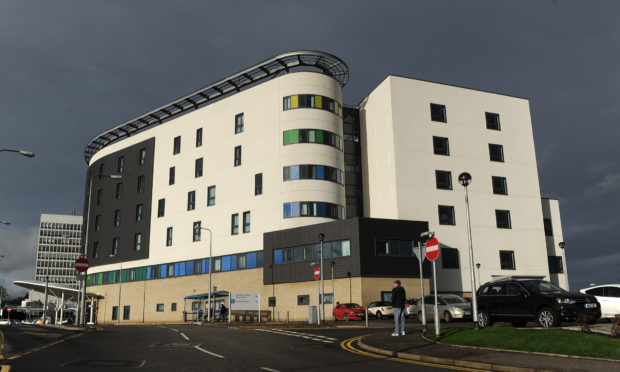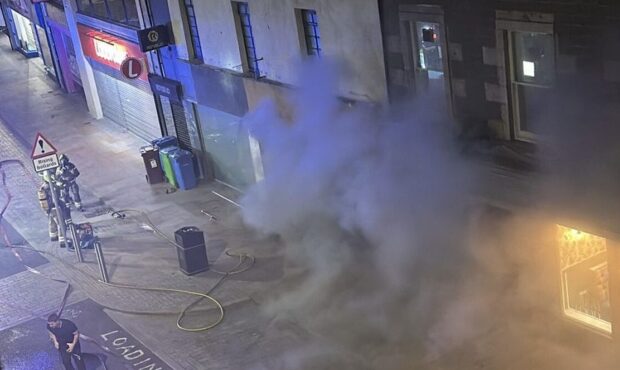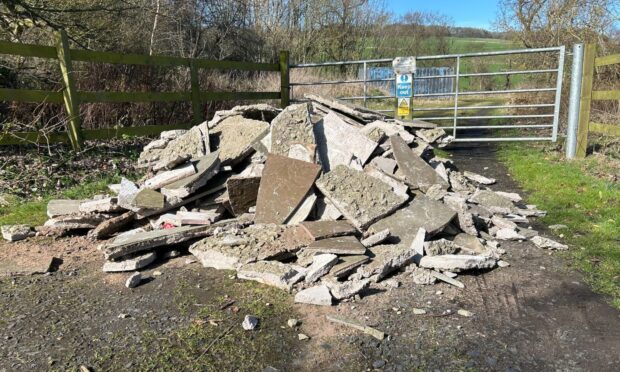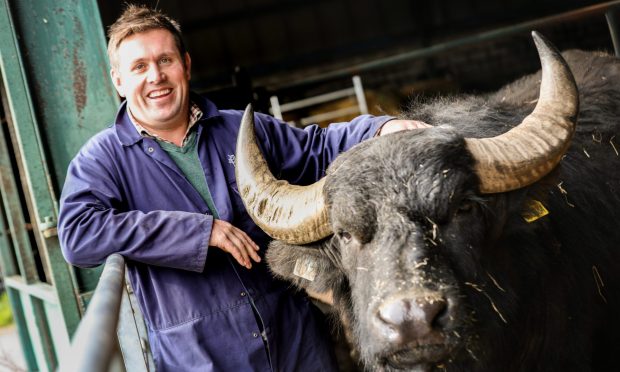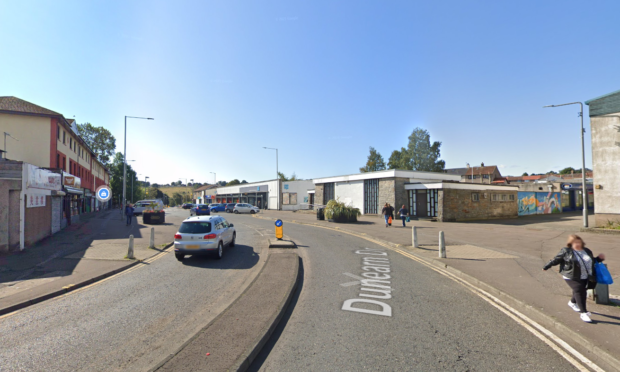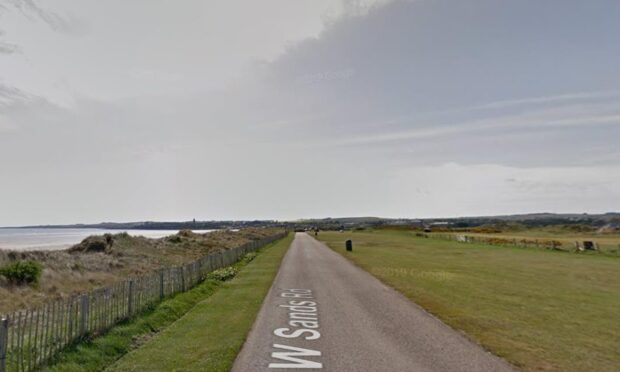Fewer than one in 10 of Fife’s head and neck cancer patients are given vital assessments by speech therapists before treatment, according to shock new figures.
The health board is the worst performing in Scotland, with just 9.4% of people whose treatment could affect their ability to eat, speak or swallow seen by a specialist in advance.
Local politicians have branded the figures unacceptable and called for swift improvements.
No Scottish NHS board met the Scottish Government’s target of 90%, with many citing issues with staffing and demand.
Across the country, only 58% of people who should have had access to a speech therapist did manage to see one. In Tayside the figure was 66.7%.
Fife Labour MSPs Alex Rowley and Claire Baker said NHS Fife had to give an explanation for why it was performing at such a low level.
“NHS staff do an amazing job but growing pressures coupled with depleting resources are making it harder to deliver the care that patients need,” said Mr Rowley.
“It is unacceptable that in Fife so few patients with head and neck cancer are getting access to a speech and language therapist before beginning treatment.”
Mrs Baker added: “I hope that NHS Fife can provide clarification on these statistics and also further information on what improvements could be made to address the lack of access to speech and language therapists for patients and deliver the care required.”
Conservative MSP Murdo Fraser said he would be raising the matter with the Scottish Government.
“The figures for Fife are really concerning and shocking,” he said.
North East Conservative MSP Bill Bowman said the report indicated there were not enough speech therapists across Scotland.
“It seems there is a postcode lottery when it comes to the recovery of head and neck cancer patients,” he said.
NHS Fife said it was unable to comment on the figures at this stage.
Health secretary Jeane Freeman said performance against the cancer quality performance indicators (QPIs) had improved since the last period and welcomed the proactive approach of clinical teams across Scotland.
However, she added: “Work still needs to be done to improve consistency across all health boards.”
